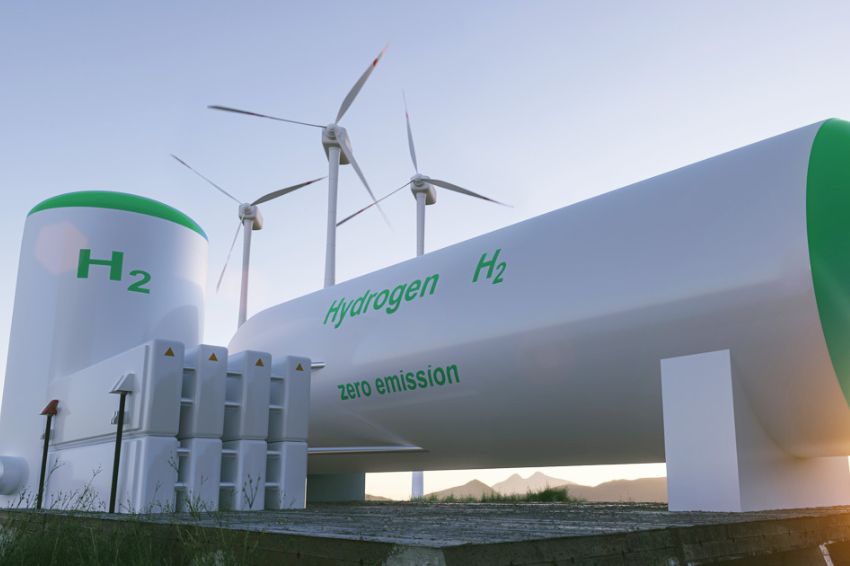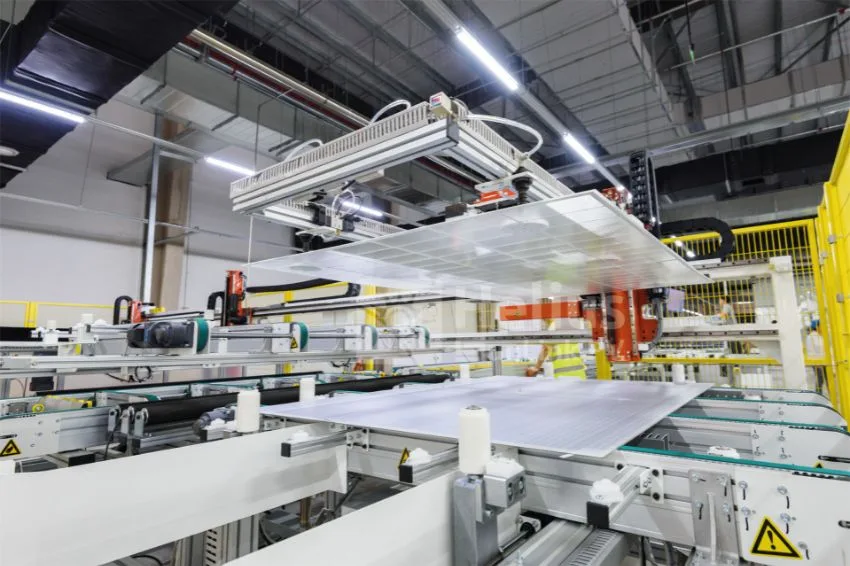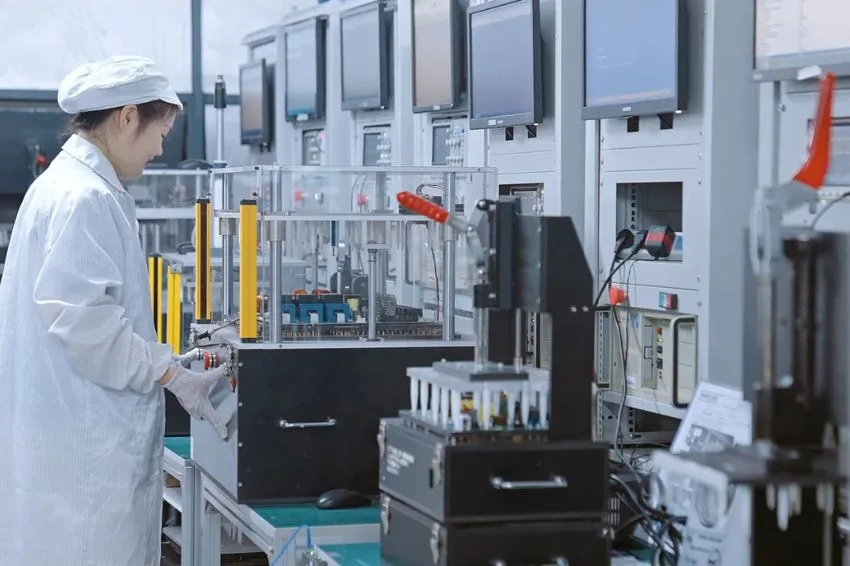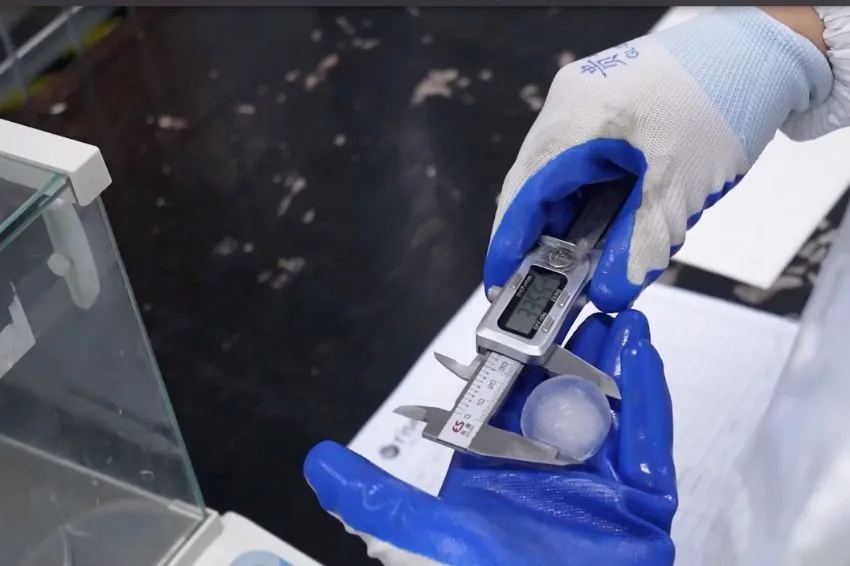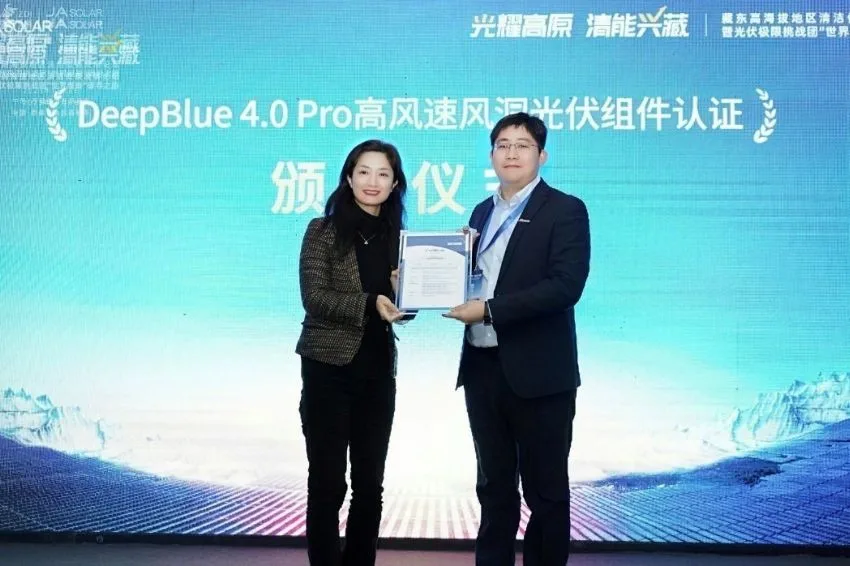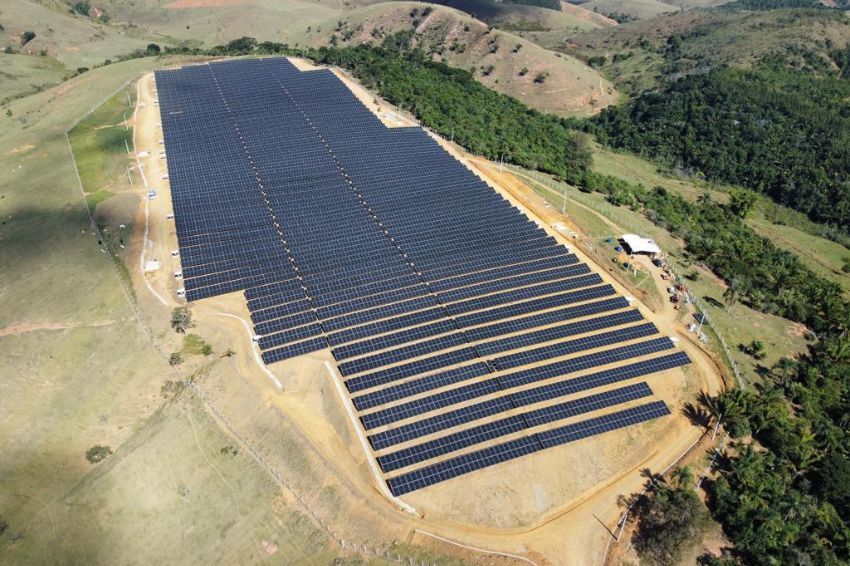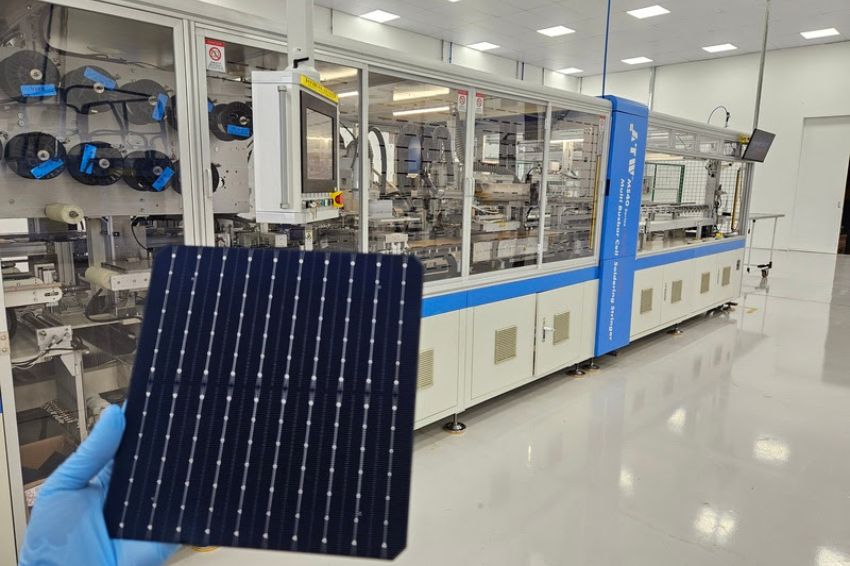A Brazil-Germany Cooperation for Sustainable Development and German company Mele Gruppe announced, last week, a PPP (public-private partnership) with two agricultural cooperatives in Paraná to expand the market for H2V (green hydrogen) and derivatives.
The agreement, signed with Coopersan (Renewable Energy and Rural Sanitation Cooperative) and Ambicoop (Sustainable Energy Cooperative), aims to convert the methane gas from animal waste into sustainable energy.
According to the companies, the initiative involves the production of H2V using pig manure. The total estimated production capacity is around 275 tons of green hydrogen derivatives per day.
The partnership will receive funding from the H2Uppp project, a global program commissioned by the German Federal Ministry of Economics and Climate Protection and implemented by the Deutsche Gesellschaft für Internationale Zusammenarbeit (GIZ) GmbH, with support from the German-Brazilian Chambers of Industry and Commerce (AHK) in Rio de Janeiro. January and in São Paulo. The project is present in 17 countries, including Brazil, and foresees a total investment of 2.3 million euros.
The expectation is that the PPP will take place by the end of this year and that it could be a lighthouse project, with the capacity to disseminate and replicate the production of green hydrogen derivatives to other cooperatives in the region.
“The project is a good example of the international efforts supported by the German federal government to promote the transition away from fossil fuels. The production and use of green hydrogen and derivatives supports the energy transition to renewable 100% energies and, in addition, the sustainable development of the market in Brazil and the world”, highlighted Markus Francke, Director of GIZ Brasil.
“This is an international project that ensures the existence and development of 332 livestock farms united in a cooperative. In this win-win situation, it is part of the reorganization of the energy supply”, emphasized Dietrich Lehmann, managing director of the Mele Group.
Advantages of PPP
Among the advantages arising from the partnership and production of H2V derivatives are the reduction in the use of mineral fertilizers and animal welfare certification for the 332 members. Furthermore, animal waste will no longer be discarded in nature, preventing contamination of the region's groundwater.
It is worth noting that the energy demand for the electrolysis process — separation of gas and water particles into H2V derivatives — will be met by photovoltaic and hydroelectric systems. The biogas produced will be processed into methanol, derived from sustainable hydrogen, with the addition of green hydrogen. Total production capacity is around 88 thousand tons/year.


